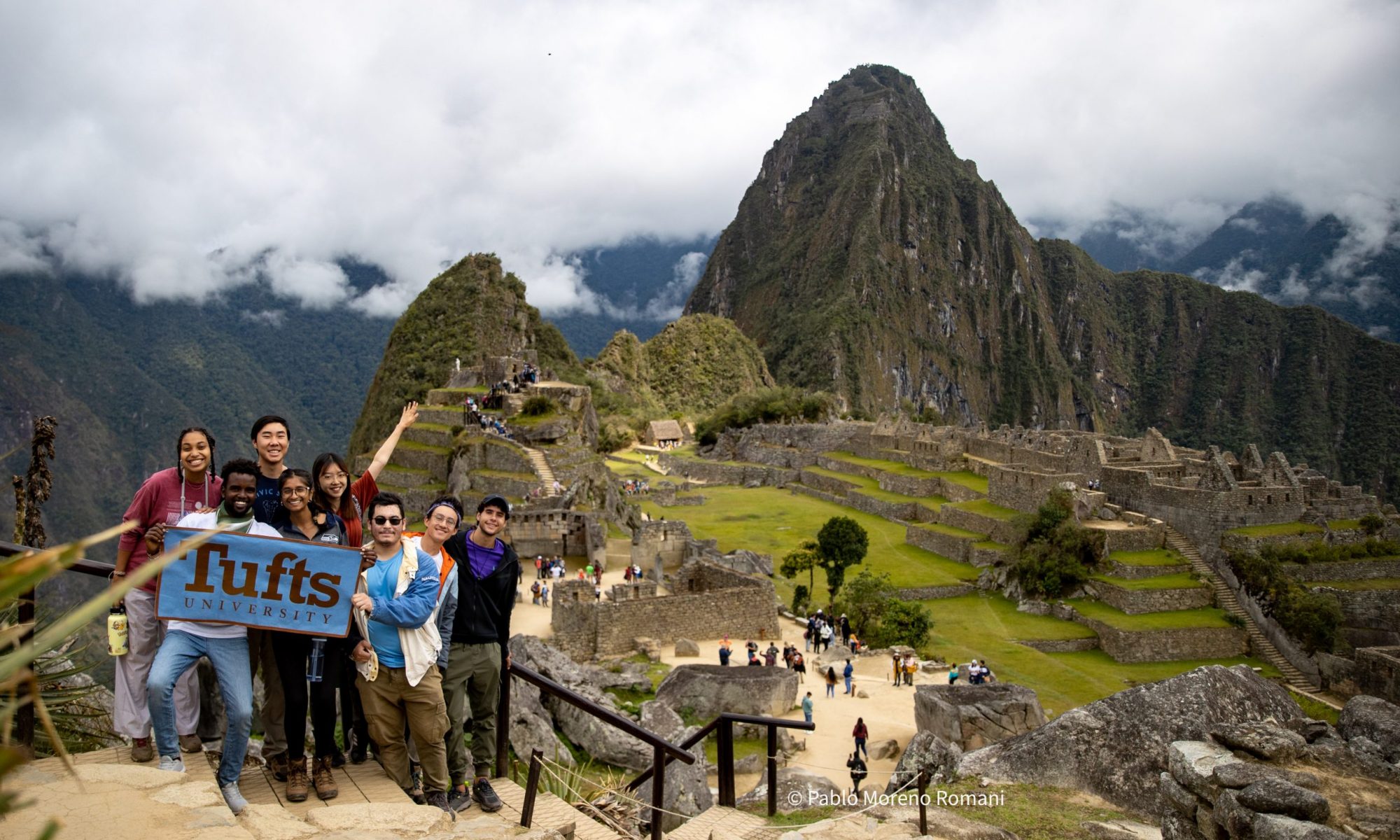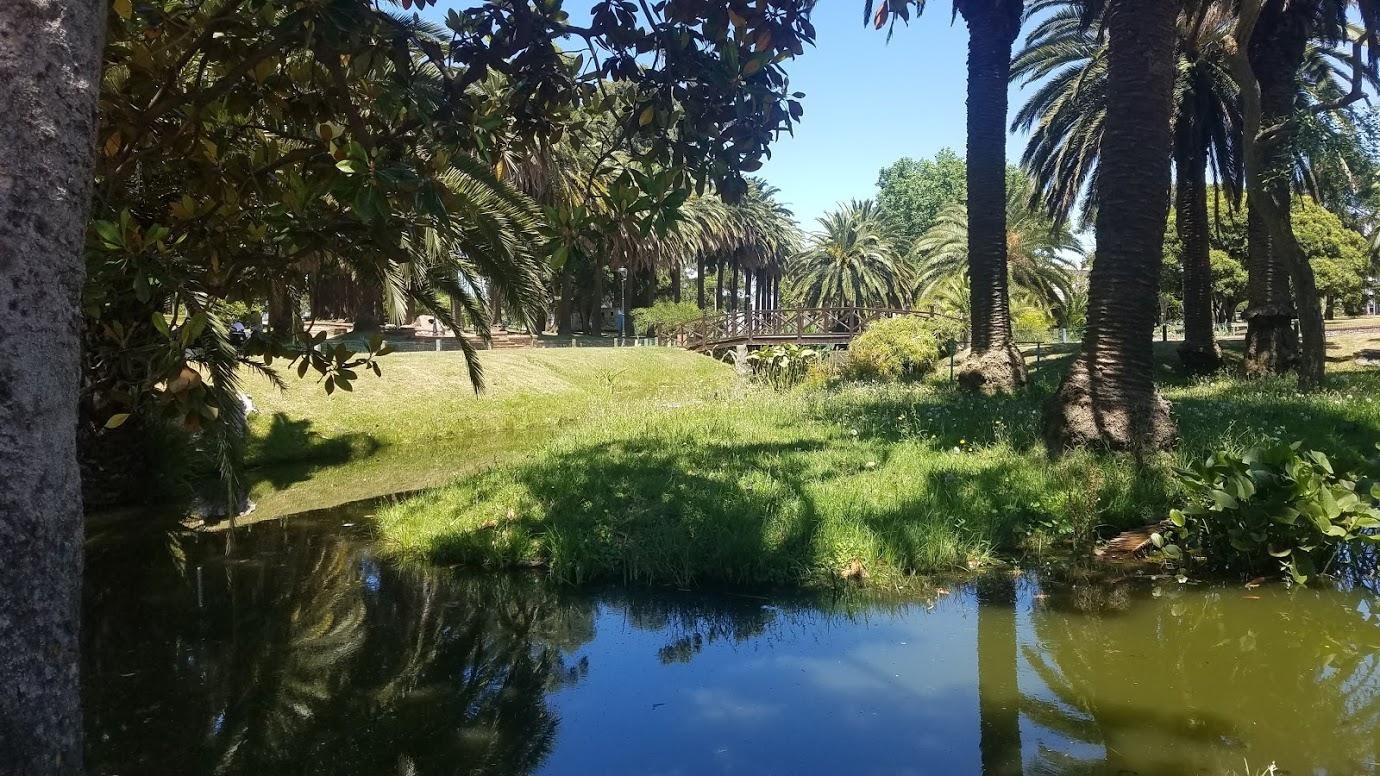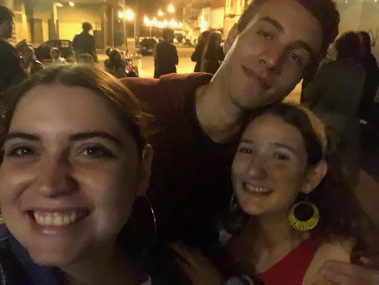by Silas, Tufts 1+4 Participant
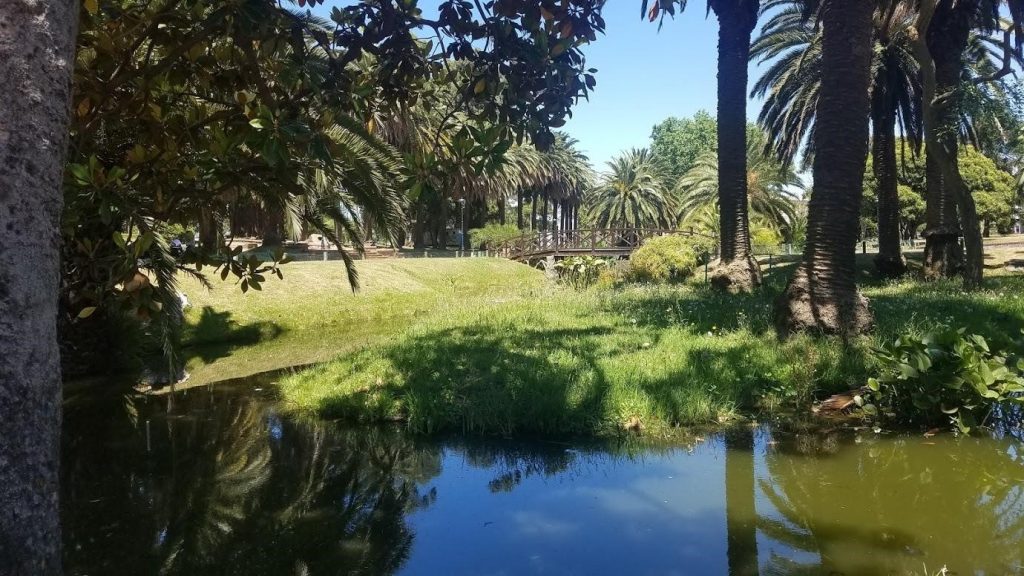
Parque Rodó in Montevideo, one of my favorite spaces to relax and reflect. Photo taken by me. 12.02.2019
With the biting Vermont breeze a refreshing reminder of where I ended up after a week of mild chaos, I finally began to reflect on my time in Uruguay. As my dog ran ahead of me, I remembered some of the highlights of the year, laughing to myself, thinking of all the crazy things that had happened. I then found myself getting a little more philosophical, as I tend to do on my walks. I tried to piece together who Silas is after the experience and how he compares to Silas before the experience. Through lots of reflection, I realized how little self love I had prior to beginning my gap year. But that all changed in Uruguay. On my walk a few days upon arriving home, I tried to narrow down what catalyzed this change and I came up with three
1. Space for Reflection
When was the last time you tried to be completely alone with your thoughts?
I began to reflect at our orientation week at Tufts when Professor Talusan told us journaling would be an essential part of our class. Originally dismissing it as a useless formality, I grew to recognize the importance of devoting time to reflection as it was reiterated through activities and workshops. On our final night, our peer leaders, Daniela and Mateo, led us in a sharing circle, where for the first time, I worked to identify what drove me to take the gap year. This allowed me to know what I wanted to work on over the course of the year and gave me a way to gauge my progress. During the first few months of being in-country, I journaled nearly every day. Those daily 5-10 minutes helped me deconstruct what I felt that day, which especially helped through a period of intense homesickness. I obviously had felt sad, or angry, or scared, etc. before in my life, but I rarely gave myself the space to unpack it. In trying to keep up an always positive, happy facade I would not work on or even validate those feelings, instead convincing myself everything was fine, remaining ignorant of my own emotions. During the year, I devoted time to listen to myself instead, whether through journaling, meditation, or simply taking a walk. In the wake of being robbed, reflecting on those emotions helped me to not panic anytime a beggar asked me for change. During bouts of homesickness, reflecting helped me be more open and honest about how I felt, recognizing the sadness as a real and valid emotion. Giving myself the space to reflect has made me feel less like the product of other people’s expectations and opinions, as those are no longer the only feelings I listen to.
2. People
Who in your life do you feel you can be completely yourself around?
I’ve told friends I love them before and it has been true, but never has it held so much meaning as saying it to other gap participants on our last night. The end had come much sooner than we expected so these final moments made us reflect on our time spent together. Going through this experience with people was very powerful, as we were learning so much about ourselves, together. A friend once told me “It’s hard to change when the people around you are just gonna classify or treat you like the person they are comfortable knowing you as.” We, however, were all comfortable with each other while growing, so we were unafraid to show that development. What resulted was friendship based purely on love for who we were. Unlike some previous friendships in my life, there was little fear of judgment, meaning that as I learned so much about myself, I was able to show it wholeheartedly. Being vulnerable, and still valued by amazing people helped me value myself more.
3. Hell yeah, I just did that!
Do you know when you’re crushing it?
I’ve always had trouble recognizing and talking about my accomplishments because I don’t want to seem like an egotistical person. Not talking about them also meant I did not celebrate them myself. However, in Uruguay, I realized it was healthy to recognize accomplishments, no matter how small. Earlier in the year, I wrote about how I had discovered the most gratifying parts of life to be the small victories. Focusing on these little moments day to day helped me through some of the toughest times in Uruguay because even when all I wanted was to go home, I thought of the short conversations at work, the memorable nights with friends, the walks exploring the city, and I was reminded of the life I was building there. When we heard we would be leaving the program early, I was devastated, which surprised me, after spending so much of the year thinking about home. However, I had built a vibrant life on a different continent with all new people, in a language I couldn’t speak well before. That’s pretty amazing. I took initiative in getting to know the city, building a healthy routine, becoming an important member of my internship. Part of my journey to self-love was realizing that so much of the success of the year could be attributed to my own actions.
Perhaps the greatest lesson from the year is realizing the importance of growth. Through learning self-love, I grew into myself. On the first night of our Bridge Year orientation, another fellow asked me why I decided to do this. “I don’t know,” I said. “I just know something has to fundamentally change in my life.” I knew I was looking for something, but I didn’t know what. During the year, I found what I had lost: myself. Before the trip, I felt I had lost parts of what made me myself, or at least I failed to value them. The journey of self-love is certainly not over and neither is the journey of growth. All of life is an opportunity to grow and I hope to never stop.
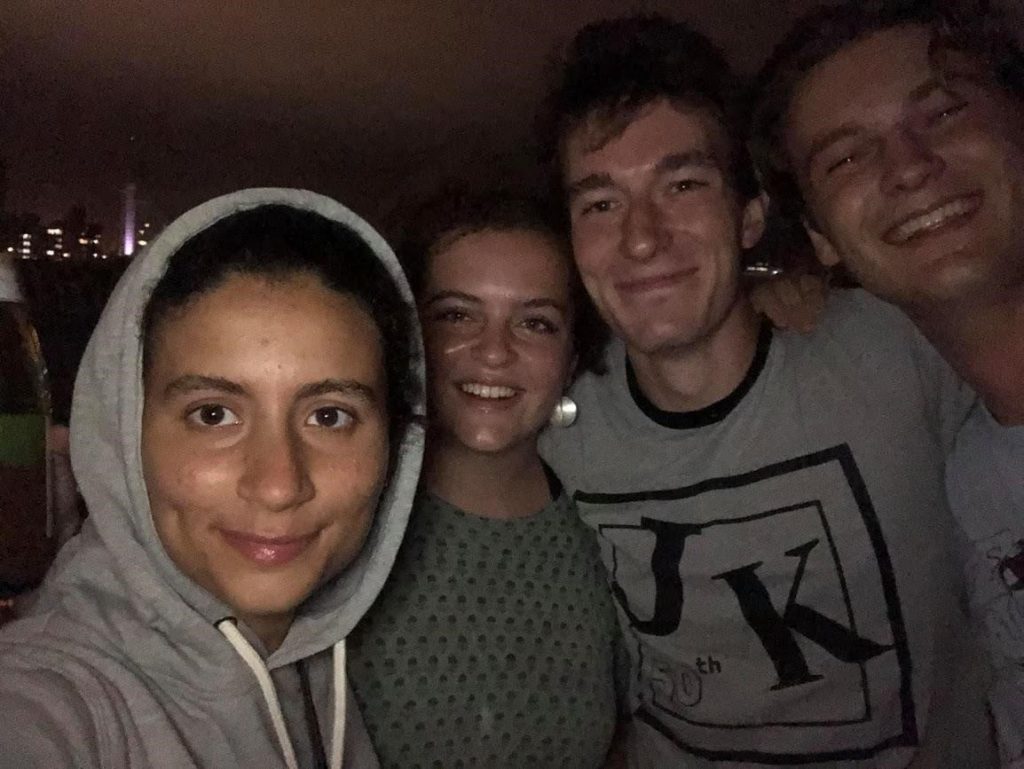
A photo from our very special final night in Uruguay. Taken by Liani Astacio 03.14.2020
